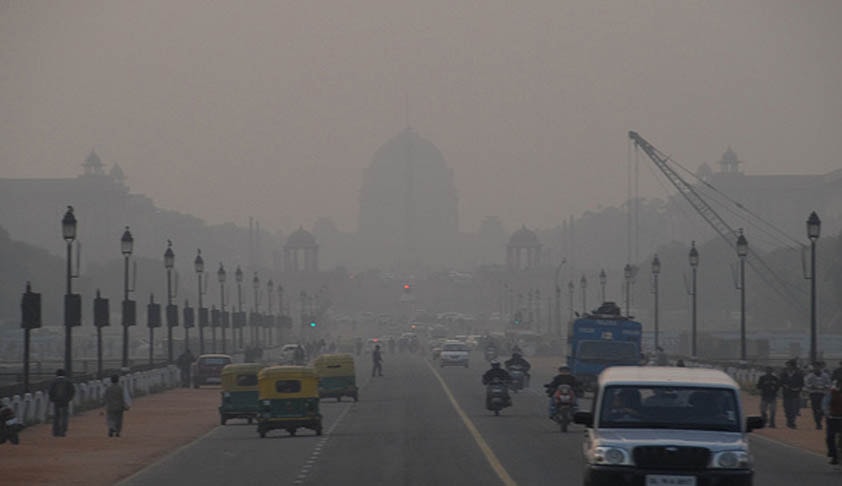After CJI, SC Panel Push, A Beijing-like Pollution Code For Delhi
LIVELAW NEWS NETWORK
3 Dec 2016 10:05 AM IST

Next Story
3 Dec 2016 10:05 AM IST
The Supreme Court and the Environment Pollution Control Authority appointed by it have given a green signal to a pollution code for Delhi (for the first time) on the lines of what has been implemented in Beijing for a graded response to health emergencies caused by noxious air that frequently engulfs the area in the winter.The plan finalized by the Central Pollution Control Board in...
